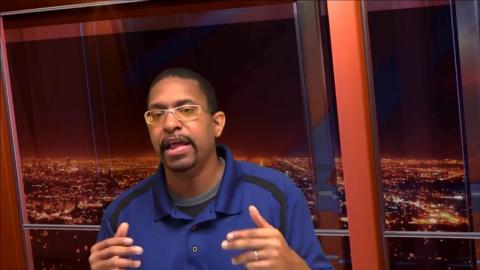English
Is the history of the Bible reliable? Did people like Jesus, David, Solomon, Daniel, Nebuchadnezzar, Abraham, or Moses really live? How can archaeology address the claims of secular critics that the Bible is a myth or work of fantasy? How do we know the events really happened or that these people really lived? How is higher criticism playing a role in secular public education shaping the minds of our youth today?




